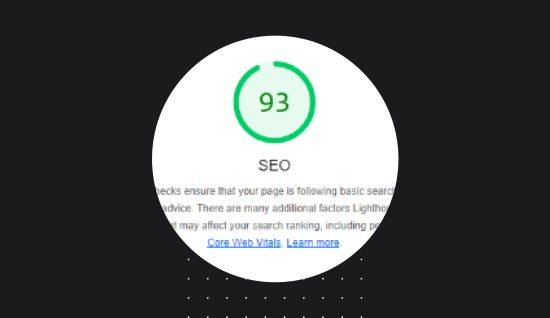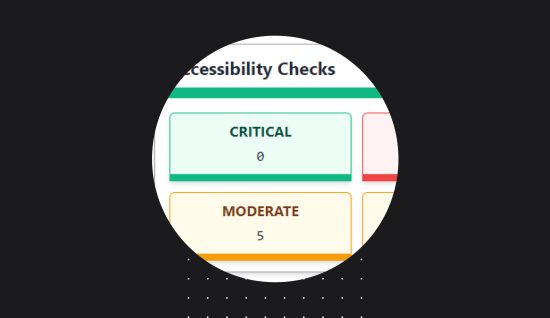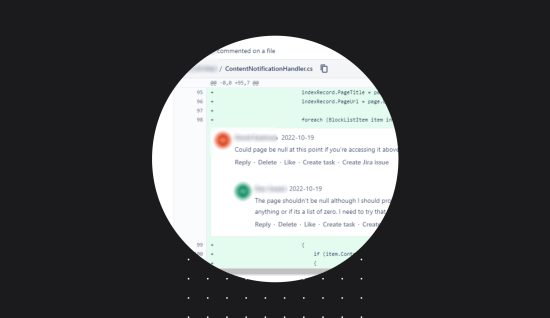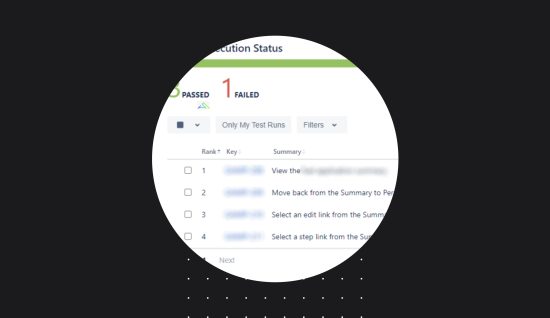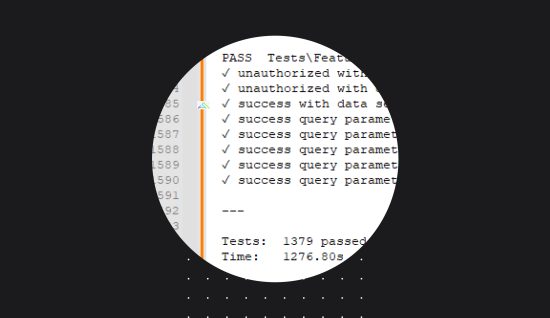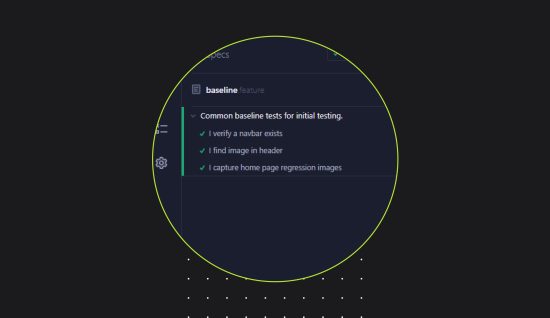Development
This is the phase where the developers take over and start building the underlying infrastructure, the platform on which all else rests. They build the features and functionality as specified in the technical specifications from discovery. Front-end developers implement the design concepts and user interface created in the design phase. Our software development life cycle is mature, hardened, and secure. We use industry-standard continuous integration, static code analysis, and modern DevOps principles to build and secure code.
- H HTML
- Css CSS
- Php PHP
- Net .NET
- Js JavaScript
- R React
- A Angular
- L Laravel
- Mss Microsoft SQL
- Wp WordPress
- D Drupal
- Um Umbraco
- Mg Magento
- Mys MySQL
- Cm Content Migration
- Dm Data Migration
- I Integrations
- Aa Application Architecture
- Seo Search Engine Optimization
- Acc Accessibility
- Cr Code Reviews
- Qa Quality Assurance
- Ut Unit Tests
- Aut Automated UI Tests

Developing unlimited possibilities.
Languages & Frameworks
HTML 
HTML is the foundation of web pages, defining their structure and appearance. It’s a standard developed by W3C for creating web content.
Learn More About HTML
CSS 
CSS is a style sheet language that defines the appearance of web pages, allowing developers to create consistent UI/UX and unique designs with animations.
Learn More About CSS
PHP 
PHP Development is a programming language used to create dynamic web applications. It is used to create custom websites, content management systems, web APIs, and more.
Learn More About PHP
.NET 
Leverage the power of .NET languages and frameworks with AtlanticBT’s development expertise. Build robust and scalable solutions for your business needs.
Learn More About .NET
JavaScript 
Javascript is an incredibly powerful programming language that allows developers to create amazing websites and applications with ease.
Learn More About JavaScript
Angular 
Angular is a JavaScript-based platform that is a bit like a Swiss Army knife for building websites and web applications.
Learn More About Angular
Laravel 
Laravel is a PHP-based application framework with elegant syntax that aims to make development pleasing without sacrificing functionality.
Learn More About Laravel
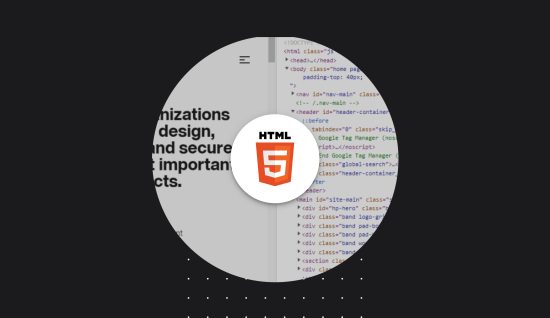
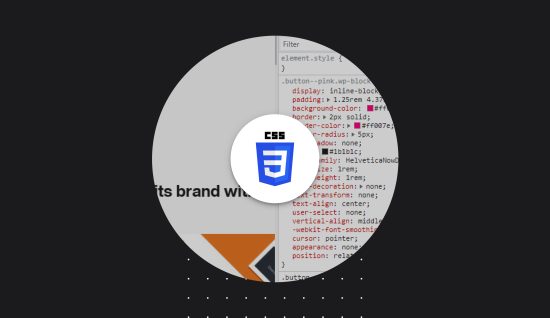
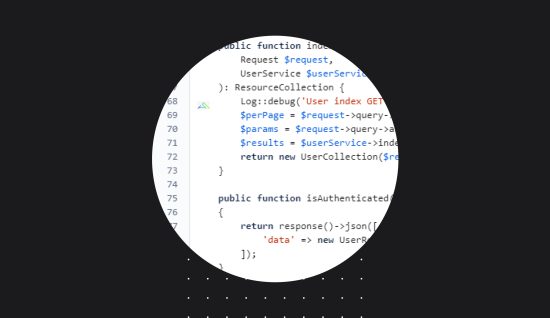
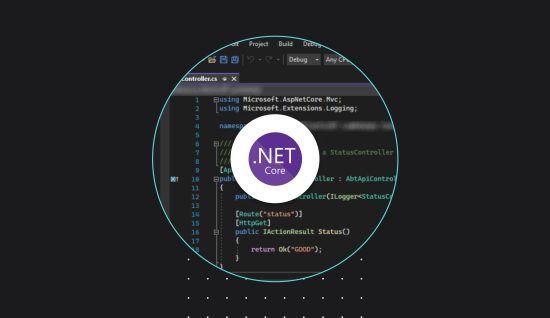
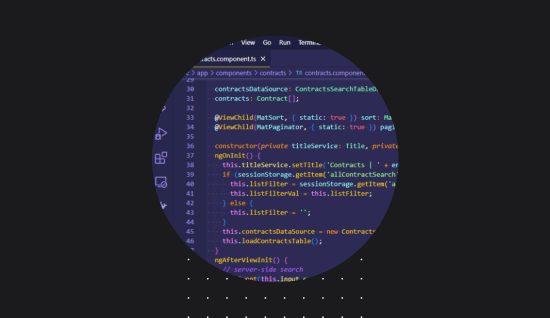
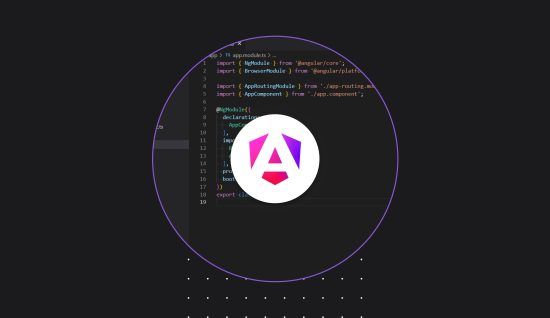
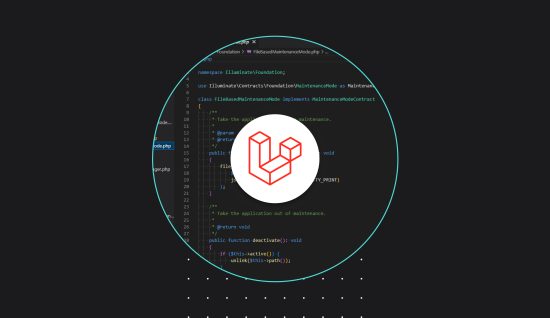
Content & Ecommerce Systems
WordPress 
WordPress is a CMS that’s one of the most user-friendly and flexible systems out there, a favorite for individuals and businesses alike.
Learn More About WordPress
Drupal 
Drupal is a robust CMS known for its scalability, security, and customization. Learn more about Atlantic BT’s Drupal development process.
Learn More About Drupal
Umbraco 
Umbraco is a Microsoft .NET CMS that streamlines the process of building and managing websites with a focus on flexibility and user control.
Learn More About Umbraco
Magento 
Magento is a comprehensive e-commerce platform that offers businesses the tools and capabilities to create and operate online stores
Learn More About Magento
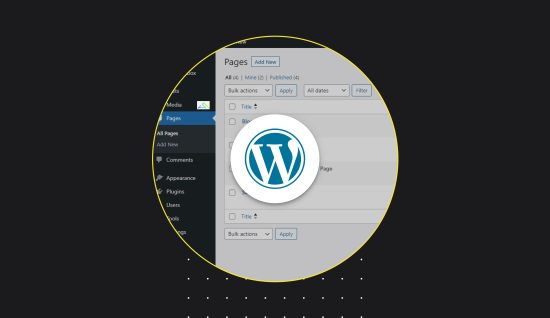
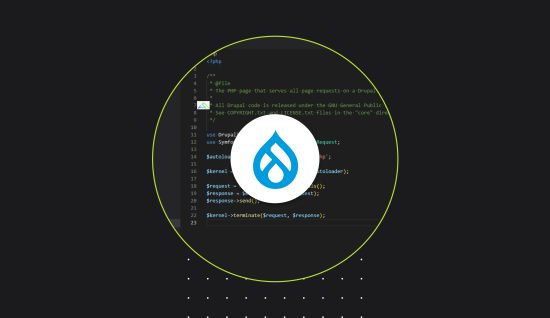
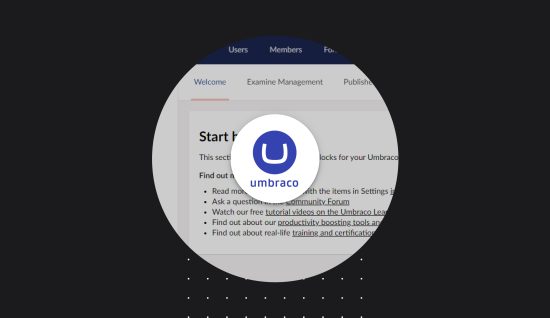
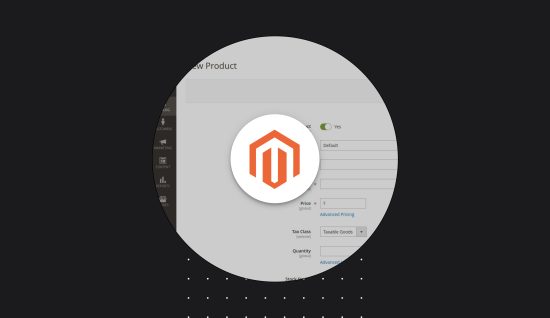
Integrations & Data
Integrations 
Web-based integrations refer to the process of linking online systems and applications, allowing them to exchange data efficiently.
Learn More About Integrations
Application Architecture 
Application Architecture involves planning, managing, and reviewing web development projects to design and construct the systems for building applications.
Learn More About Application Architecture
MySQL 
MySQL is an incredibly popular open source SQL database, used by developers and businesses around the world.
Learn More About MySQL
Microsoft SQL 
Microsoft SQL is a secure and powerful database system by Microsoft, enabling fast and easy storage and access of data through structured query language.
Learn More About Microsoft SQL
Content Migration 
Content migration is a strategic process used to move content from one content management system to another.
Learn More About Content Migration
Data Migration 
Data migration is the transfer of data between systems, involving moving and upgrading data for improved content management and system capabilities.
Learn More About Data Migration

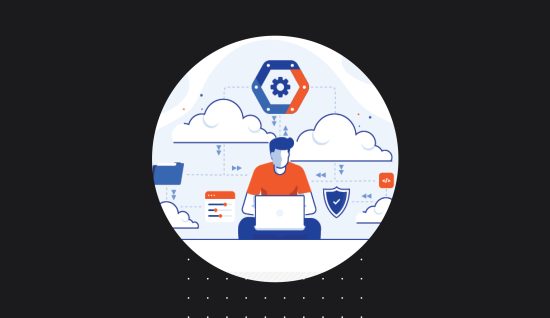
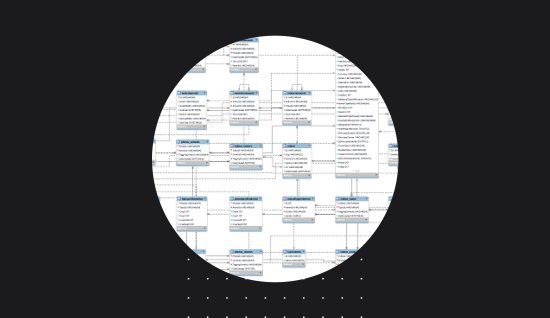
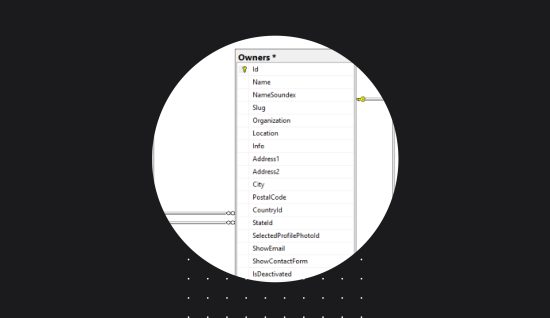
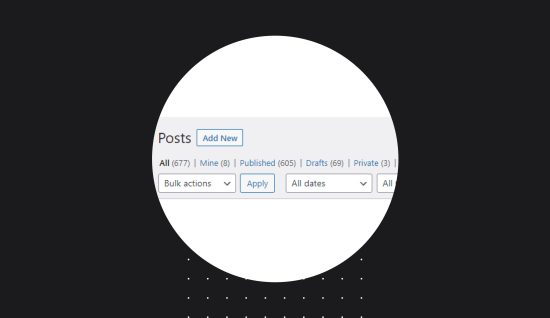
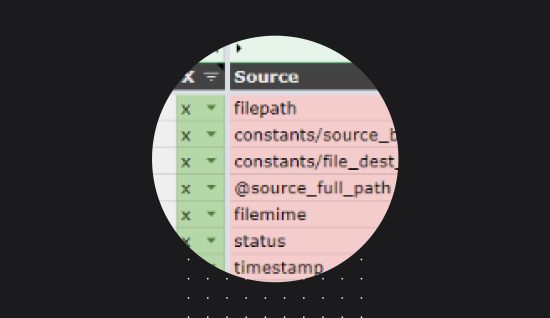
QA & Standards
Search Engine Optimization 
Boost your online visibility with Atlantic BT’s expert search engine optimization (SEO) strategies. Drive traffic and reach your target audience effectively.
Learn More About Search Engine Optimization
Accessibility 
Web accessibility is the practice of making websites and web applications more accessible for people with disabilities.
Learn More About Accessibility
Code Reviews 
Code reviews are an important part of the software development life cycle (SDLC) and are essential for ensuring quality and best practices in web development.
Learn More About Code Reviews
Quality Assurance 
Quality Assurance (QA) is an important process used to ensure that web and software products meet the highest of standards.
Learn More About Quality Assurance
Unit Tests 
Ensure code quality and reliability with Atlantic BT’s unit testing approach. Build robust software solutions with confidence and minimize potential issues.
Learn More About Unit Tests
Automated UI Tests 
Automated UI tests are vital for QA teams, allowing automatic validation of the user interface (UI) in web pages or applications.
Learn More About Automated UI Tests
